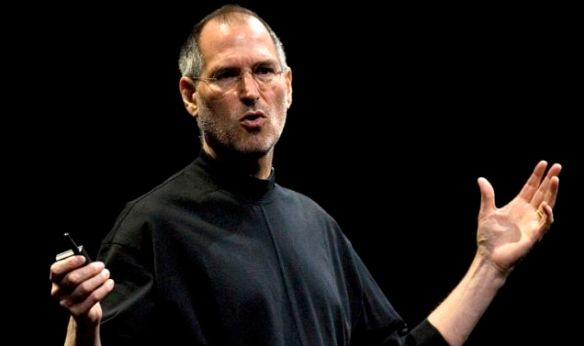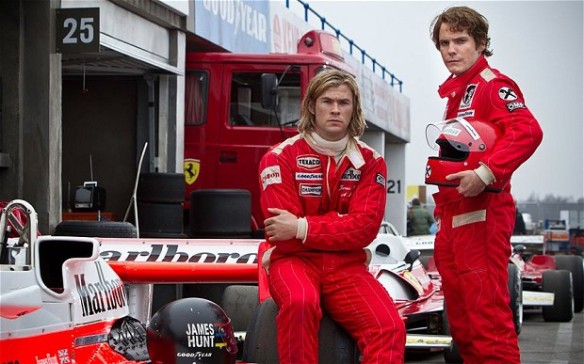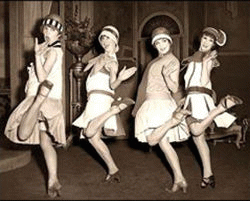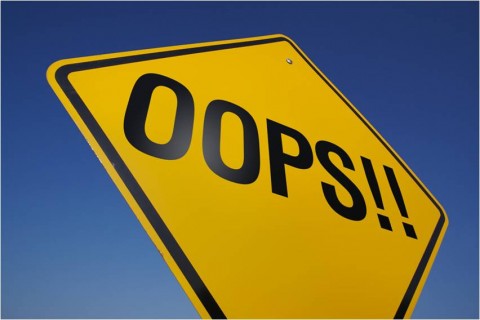Did everyone do the compulsory work experience in year 10/4th year? I did mine in a solicitors’ office in Bodmin and I entered timesheets data for a week. Dull dull dull. But not actually my worst ever….
We’ve all had challenging/ bad experiences at work and a bit of challenge should be expected as it can motivate us to overcome it and achieve the desired outcome. But if every day starts to become a bad experience, then we really need to evaluate what we are doing and what we are getting out of it. This applies to employment just as much as voluntary placements (or compulsory school work experience) but it is the latter that I shall describe now.
I was 21, just graduated from University with about a year’s worth of theatre, agency and dance work placements developed over the previous 7 years. I took an internship with a theatre company based in Brighton (the name shall remain anonymous to protect the guilty). I didn’t know anyone in Brighton; was living in digs (with a very odd cat called Wanda who used to sleep on my head); my family were all in Cornwall and boyfriend in London. I didn’t have a specific role but was a general admin assistant. None of which were in themselves a problem but all contributed to the experience I had.
I started work with this company in the September and over the course of a couple of weeks the hours became longer and longer. It got to a point where the only lunchbreak that I was allowed in my 12-14hr day was a quick nip out to the shop to by a roll and some cheese and to be honest, that was frowned upon.
The company had 5 staff but only two computers, one of which was an Amstrad green screen. In 1999 this was behind the times. I was a fresh faced graduate who knew how to use PCs and email and I am an intelligent person who can communicate reasonably well most of the time. I wasn’t allowed time on either computer but was expected to write up everything I did. In fact, the only PC was in another office which was used by one of the company directors and nobody else was allowed to use that one. So there are 4 of us trying to work using one Amstrad green screen.
Then the company prayer meetings started. Which we all had to attend and contribute to. Nothing against prayer, in fact I rather encourage it but it should never be a compulsory company activity (unless a genuine occupational requirement of course). As a practising Christian, I found it uncomfortable and inappropriate. But it wasn’t this that made me walk out after 12 weeks.
No, it was the phone. Not the phone itself obviously but every time I made a call, everyone in the office would stop what they were doing and listen to my side of the call. When the call was finished, they would give me critical feedback on what they heard me saying telling me what I should have said instead. Now I am sure that I have made this into more than it really was but the principle doesn’t change.
I should say here that I absolutely believe in the value of feedback and that includes appreciating the context and environment in which it is given and received. This wasn’t constructive criticism, this was just criticism and over the 12 weeks it became a constant constraint on my work and progressively destroyed my confidence.
It took a stolen lunch with a freelance colleague to make me see that this wasn’t actually how the industry really works. Even with all of the various projects and experiences that I had had previously, I was worn down so much that I was questioning my choice of career and my own ability to work in the industry. By him reflecting the reality of the situation and with that wider knowledge of the sector reassuring me, I realised that enough was enough and I left.
It took me about 6 months to rebuild after this experience and I will always keep it in my mind when I am setting up and running work experience placements. It is part of the reason why supporting work experience is so important to me and to the company as a whole. After feeling so destroyed, I realised the incredible power that we hold as employers in creating an environment where all can thrive. This is particularly important for those who are just entering the business environment, just starting their careers. We should take particular care with hosting placements recognising that it can be a make or break experience.
I am delighted that we have over 50 work placements on offer this year, with more coming as projects are confirmed, and these are open now for applications. I’m looking forwards to creating some great learning experiences for our WEX (work experience) and enabling each one to explore their interest in events and creative project management. If you know someone who might be interested, do suggest a placement with us – all the details are on the website!
Claire Eason Bassett, Managing Director, Mackerel Sky
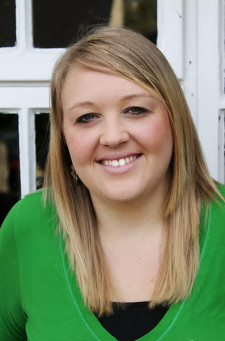 The past couple of months have been a bit of blur, travelling across the South West and UK whilst working at a variety of events – I am writing this sat in my hotel in Manchester having spent the week at Tatton Park Flower show. Earlier this week Joey and I were chatting over dinner and how we came to know about Mackerel Sky, which I thought would be a good intro into my first blog.
The past couple of months have been a bit of blur, travelling across the South West and UK whilst working at a variety of events – I am writing this sat in my hotel in Manchester having spent the week at Tatton Park Flower show. Earlier this week Joey and I were chatting over dinner and how we came to know about Mackerel Sky, which I thought would be a good intro into my first blog.
